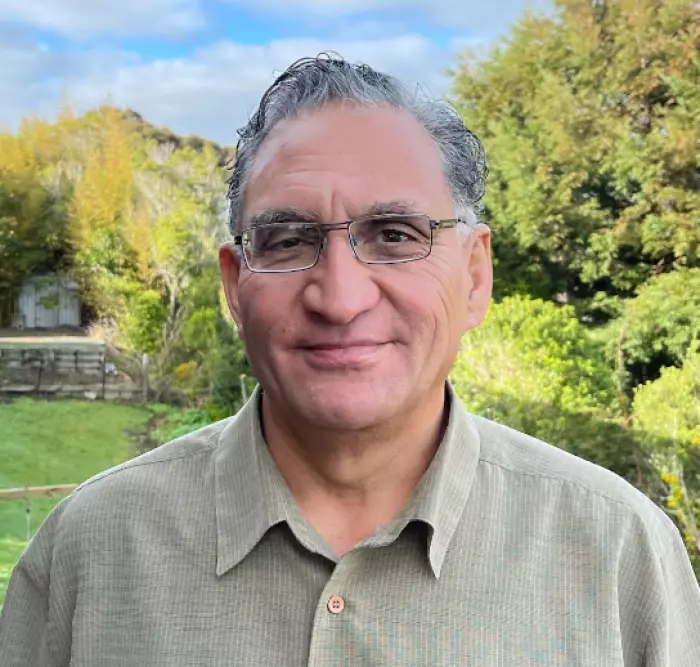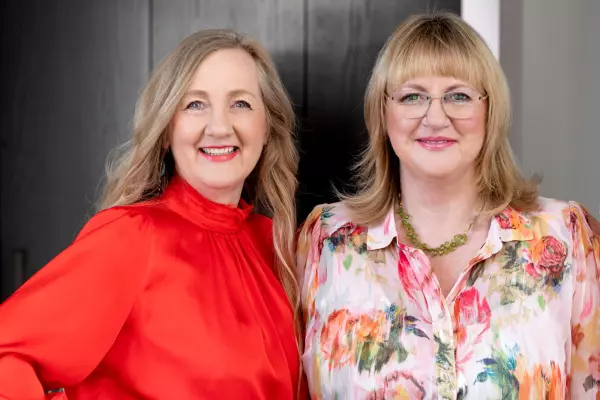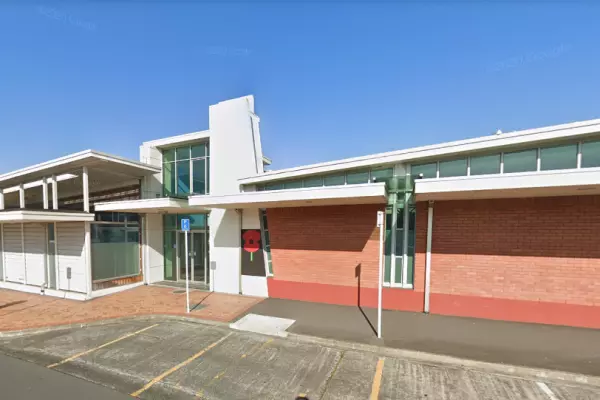The Mormon church is being taken to the Human Rights Tribunal over a claim that its use of covenants on properties in Hamilton is discriminatory.
The four-day hearing will begin on November 28 after being postponed during the 2021 lockdown.
The complaint was lodged by Rā Puriri, who has campaigned against the church’s management of the Temple View site since the Church College secondary school was closed down in 2009.
The church and Paul Coward, who was the project director of the Temple View development from 2013-18, are named as the two defendants.
Documents show the church placed covenants on some of the houses it owned on Tuhikaramea Road, near the Hamilton Temple, which is due to be rededicated in October.
Express permission from the church
According to the covenants, buyers would not be allowed to rent the property out, work from home, file any complaints against the church, oppose any further developments or have non-immediate family stay, without express permission from the church.
It also lists a $50,000 penalty if any of the covenants are breached.
This, Puriri alleges, constitutes unlawful discrimination on the basis of religious belief or ethical belief, since only members of the church would find the terms acceptable.
Puriri now lives in Raglan and is running for mayor of the Waikato district council in October. He told BusinessDesk: “Just having them review the issue is huge. People can get an opinion separate from mine. People can ask questions to get information freely.
“It’s sad that any institution, particularly a church that follows Jesus, has to be coerced into behaving like Jesus. They’re not practising what they preach.
“I’m grateful we have institutions in this country that are willing to take this on.
In an unsworn affidavit from February, Coward said: “There is absolutely no basis for these allegations. Neither I nor anyone else involved in the Temple View development have used covenants in this way or otherwise profiled or discriminated against potential buyers.
“There is a clear explanation for the existence of different covenants applicable to different stages of the Temple View development. This explanation is confirmed by the public record and has nothing to do with discrimination, buyer profiling, or anything else alleged by Rā.”
A spokesperson for The Church of Jesus Christ of Latter-day Saints said: “The church does not comment on pending legal proceedings out of respect for the process and to protect the privacy of all individuals involved, among other reasons.”
Unresolved mediation
Puriri and the church originally went to mediation on this issue with the Human Rights Commission in July 2020. This was unresolved, so Puriri filed a complaint with the Human Rights Tribunal in September 2020.
The college was formally closed in 2009, with students and some teachers dispersed into other local schools.
The 86-hectare site is still owned by the church and sits ready for further development, with a number of residences already built.
Despite the college’s motto of ‘Build for Eternity’, large sections of the school were bulldozed, with a plan to build residential units instead on the site estimated to be worth $122 million.
In the 1950s, Māori and Pacific Islander church members, including Puriri’s parents, spent years building the school and temple, reportedly for just $1 a week.
The temple, which was the first to be built in the southern hemisphere, currently serves all believers in New Zealand.
Mormons consider each temple to be the most sacred place of worship on earth. Their primary purpose is to conduct sacred ceremonies such as marriages and proxy baptisms “on behalf of deceased ancestors who did not have the opportunity to be baptised while living”.
Only those with a ‘temple recommend’ are able to enter. Those seeking a recommendation must answer a set of questions devised by the First Presidency of the Church.
Among the questions are: “Do you sustain the local leaders of the church?” and “Are you a full tithe payer?”
Read more about the LDS church in our series: Riches of Heaven.















